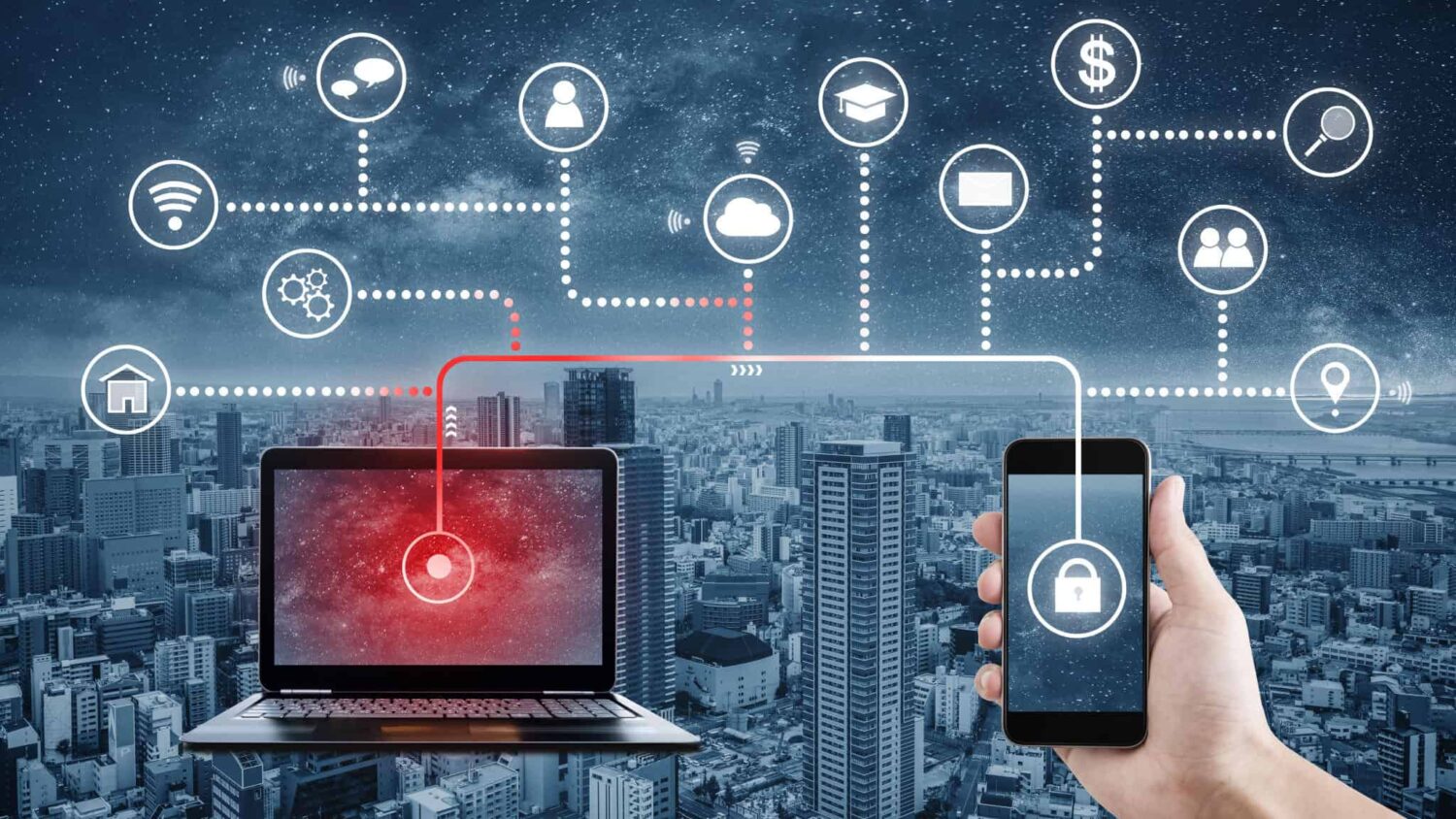More and more enterprises are realizing the need for physical security in their digital transformation, with 69 percent of respondents to a survey generated by Canada-based security-solution provider Genetec describing physical security and related data as “mission-critical”.
Only 14 percent of Middle Eastern respondents said at least 25 percent of their physical security infrastructure is cloud or hybrid cloud, according to the Genetec State of Physical Security Report 2021.
This could be attributed to the harsh legal climate in some Middle Eastern nations, since regional respondents were the most likely to cite “hosting data outside your country” as a reason for not using cloud security solutions.
Physical security has progressed from when it was viewed as merely a technique for responding to crime.
It now plays a more significant role as a critical component in the digital transformation of business processes.
It also appears that when businesses grow, their perceptions of the value and/or application of physical security data shift, explained Ephrem Tesfai, Sales Engineering Manager at Genetec MENA.

In an interview with TRENDS, he said: “Larger firms had a higher percentage of respondents who chose several applications for their physical security and data. This could be because they are ahead in their digital transformation efforts than smaller businesses.”
Unlocking additional value from data collected across physical security systems requires adequate data management and structure.
Several survey participants stated that they planned to invest in data-management solutions in the next 12 months to advance or improve the functionality of their physical security system.
Towards cybersecure solutions
Between the October 26 and the November 26 last year, Genetec conducted a study of physical security specialists.
After reviewing of submissions and data-cleansing, 2,011 respondents were selected for analysis.
Genetec collected data from people in the Americas, Europe, Asia, and Australia-New Zealand for the survey.
The poll indicated that an increasing number of firms — 36 percent — invest in unified solutions to ease maintenance, visibility, and data collecting across all their systems to improve functionality and operations. This compared to 31 percent in the 2020 survey.
In addition, over 51 percent of all respondents also indicated they had invested in video analytics to improve the functioning of existing deployments and digitally transform their business operations.
Moreover, 45 percent of larger enterprises — those with over 1,000 employees — had already implemented cloud solutions which is a substantial increase compared to 2020, when only 26 percent of respondents stated they had begun their cloud journey.
In addition, a whopping 94 percent said they have long-term plans to implement cloud or hybrid cloud solutions. However, different regions have distinct prerequisites for hybrid implementation.
Organizations are making the necessary changes to their access control systems to become more sophisticated and cybersecure.
According to the survey, access control investments are rising, with 52 percent of respondents planning to invest in access control in the next 12 months.
As important as this is, much more work needs to be done before the physical security world can be totally digitalized and secure.
$2.3-bn market by 2024
The International Data Corporation (IDC) estimates that the GCC public-cloud market will grow to roughly $2.3 billion by 2024.
Furthermore, according to a recent study, almost 85 percent of questioned UAE C-suite executives anticipate employing hybrid cloud solutions due to their multiple benefits in terms of flexibility and cost savings.
Tesfai explained: “Covid-19’s realities and the subsequent transition to work from home have highlighted the importance of technology that can provide more insight and control.”
Around 81 percent of UAE respondents had gotten specialized work from home-related cybersecurity training, compared to the global average of 64 percent, according to a post-pandemic assessment by UK-headquartered cloud cybersecurity firm Mimecast.
As a result, video analytics, access control, and identity management were all highlighted as critical technologies for 2021.
As the Genetec State of Physical Security 2020 report shows, cybercrime has risen to the forefront of physical security concerns since the pandemic.
In addition, 48 percent of MENA respondents said that more vital methods for business continuity should be prioritized because of the expansion of work-from-home and the rapid deployment of IoT.
In light of this, 67 percent of respondents said that enhancing firm cybersecurity strategy would be a high priority in 2021.
Cloud solutions benefits
Tesfai told TRENDS that businesses across industries are developing and revising cloud plans to accelerate their digital transformation efforts, recognizing the benefits of these technologies.
The cloud has made regulatory compliance easier for 94 percent of companies, according to US-based cloud-service firm RapidScale, and 91 percent have seen increased security since shifting to the cloud.
However, further security can only be achieved by encrypting data as it travels across networks and is stored in databases.
System data can be kept in triplicate in the cloud, whether companies choose a complete cloud solution or a hybrid deployment strategy.
That implies they’ll always have access to the company’s system and information even if there’s a natural disaster at the office’s location or a server outage at the data center.
Encryption is essential for keeping data and security systems secure. All data exchanged between the organization’s devices and the cloud should be securely encrypted with cloud solutions.
“Without an encryption key, even if a threat actor has access to the data, they won’t be able to read or see it,” Tesfai clarified.

